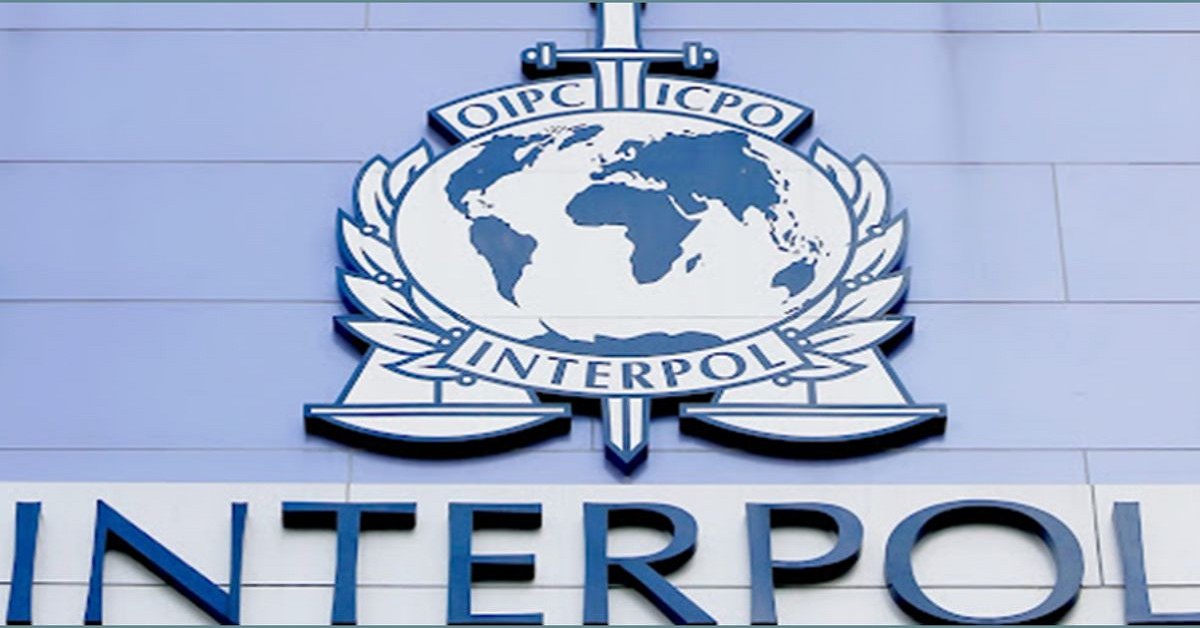Challenging Interpol Red Notices Strategies and Considerations

Challenging Interpol Red Notices: Strategies and Considerations
The issuance of an Interpol red notice can significantly impact an individual’s freedom and reputation. This legal tool, which facilitates international police cooperation, can lead to someone’s arrest and extradition based on allegations that may not have been resolved in court. However, the right to contest such notices is crucial for individuals who believe they have been wronged. This article will explore the avenues for contesting Interpol red notices, the legal strategies available, and the broader implications for justice. For a comprehensive overview of potential legal strategies, visit contesting Interpol red notices techround.co.uk/other/legal-strategies-for-contesting-interpol-red-notices-2/.
Understanding Interpol Red Notices
An Interpol red notice is not an international arrest warrant but a request to law enforcement worldwide to locate and provisionally arrest a person pending extradition. It is issued for serious criminal offenses, and even if a notice is issued, it does not imply guilt or a conviction. The legal framework governing INTERPOL allows countries to request these notices, leading to controversies regarding their use, often for political or personal reasons.
The Importance of Contesting Red Notices
Contesting a red notice is vital for individuals accused of crimes they did not commit or who may be targeted for political reasons. These notices can have far-reaching effects on a person’s life, including travel restrictions, reputational damage, and the psychological burden associated with being labeled a criminal internationally. Therefore, the process of contesting these notices is a critical step toward justice and personal vindication.
Legal Avenues for Contesting Red Notices

Contesting an Interpol red notice generally involves several legal avenues and strategies. It is essential to engage legal counsel experienced in international law and Interpol procedures. Here are some common approaches:
1. Requesting Cancellation or Modification
Individuals can appeal directly to Interpol to request the cancellation or modification of a red notice. This process typically involves presenting evidence that contradicts the claims made in the original request for the notice. Legal representation is recommended during this process to ensure that all procedural requirements are met and to strengthen the appeal’s validity.
2. Appealing to National Courts
In some jurisdictions, individuals can bring their case to national courts. This can involve challenging the validity of the charges, the extradition process, or even the legitimacy of the red notice itself. National courts can serve as an essential avenue for individuals to contest the basis upon which the red notice was issued.
3. International Human Rights Mechanisms

If national legal remedies fail, individuals can approach international human rights bodies such as the European Court of Human Rights or the United Nations Human Rights Committee. These bodies may address grievances regarding unlawful detention and violations of rights resulting from the red notice.
Case Studies of Successful Challenges
There have been notable cases where individuals successfully contested Interpol red notices. For instance, several high-profile political figures and activists have used legal platforms to argue against the validity of the accusations behind their notices. These cases often highlight the political misuse of Interpol mechanisms and underscore the importance of robust legal strategies in defense.
Impact of Successful Contestations
Successfully contesting a red notice not only vindicates the individual but also sets a precedent for future cases. It sends a strong message about the importance of due process and legal rights in the context of international law. Moreover, it may contribute to reforms within Interpol to prevent the misuse of red notices for political purposes, thus promoting justice on a global scale.
Conclusion
Contesting Interpol red notices is a complex but necessary undertaking. Understanding the legal avenues available, seeking legal expertise, and being aware of international human rights frameworks can empower individuals to fight against unwarranted allegations. As the global landscape continues to evolve, the intersection of legal rights and international law becomes increasingly relevant in ensuring justice and fairness for all.
